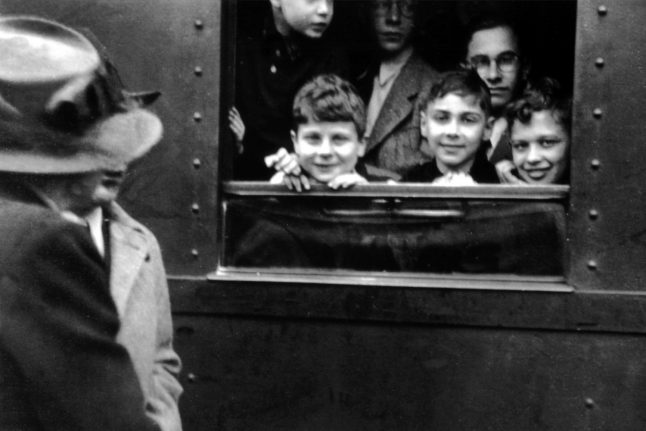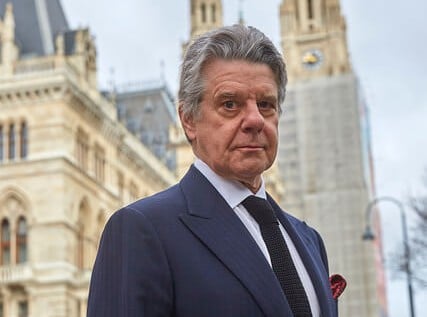Around 10,000 young lives were saved from the horrors of Adolf Hitler's regime by the relief action that began in December 1938 and ended in May 1940.
The announcement, hailed as “historic” by the Claims Conference negotiators representing Jewish victims, came 80 years after the first Kindertransport left for Britain.
A fund will be made available from January 1st, 2019, and the Claims Conference will begin processing the eligible applications for the compensation amounting to €2,500 euros per person.
“This one-time payment pays tribute to the special destiny of these children. They have had to leave their families in peacetime, in many cases, never to see each other again,” said German Finance Ministry spokesman Martin
Chaudhuri.
Stuart Eizenstat, who represented the Claims Conference in the negotiations, said that “after having to endure a life forever severed from their parents and families, no one can ever profess to make them whole; they
are receiving a small measure of justice.”
SEE ALSO: Ex-child refugee retraces escape from Nazi Germany on a bicycle
After the Night of Broken Glass (Kristallnacht) pogroms across Nazi Germany on November 9th, 1938, a group of Protestant, Jewish and Quaker leaders appealed to then British prime minister Neville Chamberlain to allow in unaccompanied Jewish children.
A rescue effort mobilized swiftly, and the first Kindertransport arrived at Harwich on December 2nd, 1938, carrying 196 children from a Berlin Jewish orphanage which had been torched by the Nazis on Kristallnacht.
Over 18 months, 10,000 children fleeing persecution in Germany, Austria, Poland and what was then Czechoslovakia, were brought to safety in Britain.
“In heartbreaking scenes on train platforms, these children were often torn from their parents' arms and, in virtually every case, never saw them again,” said the Claims Conference.
Younger children were placed with families while those above 16 years old were given help to obtain training and employment.
The last transport left from the Dutch port of IJmuiden on May 14th, 1940 — a day before the Netherlands surrendered.
Germany has paid out more than 75 billion euros in compensation to victims of Nazism, the finance ministry said, citing data until the end of 2017.
“The federal government is aware that money or other benefits can never make up for the immeasurable suffering inflicted on the surviving victims of Nazi wrongs,” added Chaudhuri



 Please whitelist us to continue reading.
Please whitelist us to continue reading.
Member comments